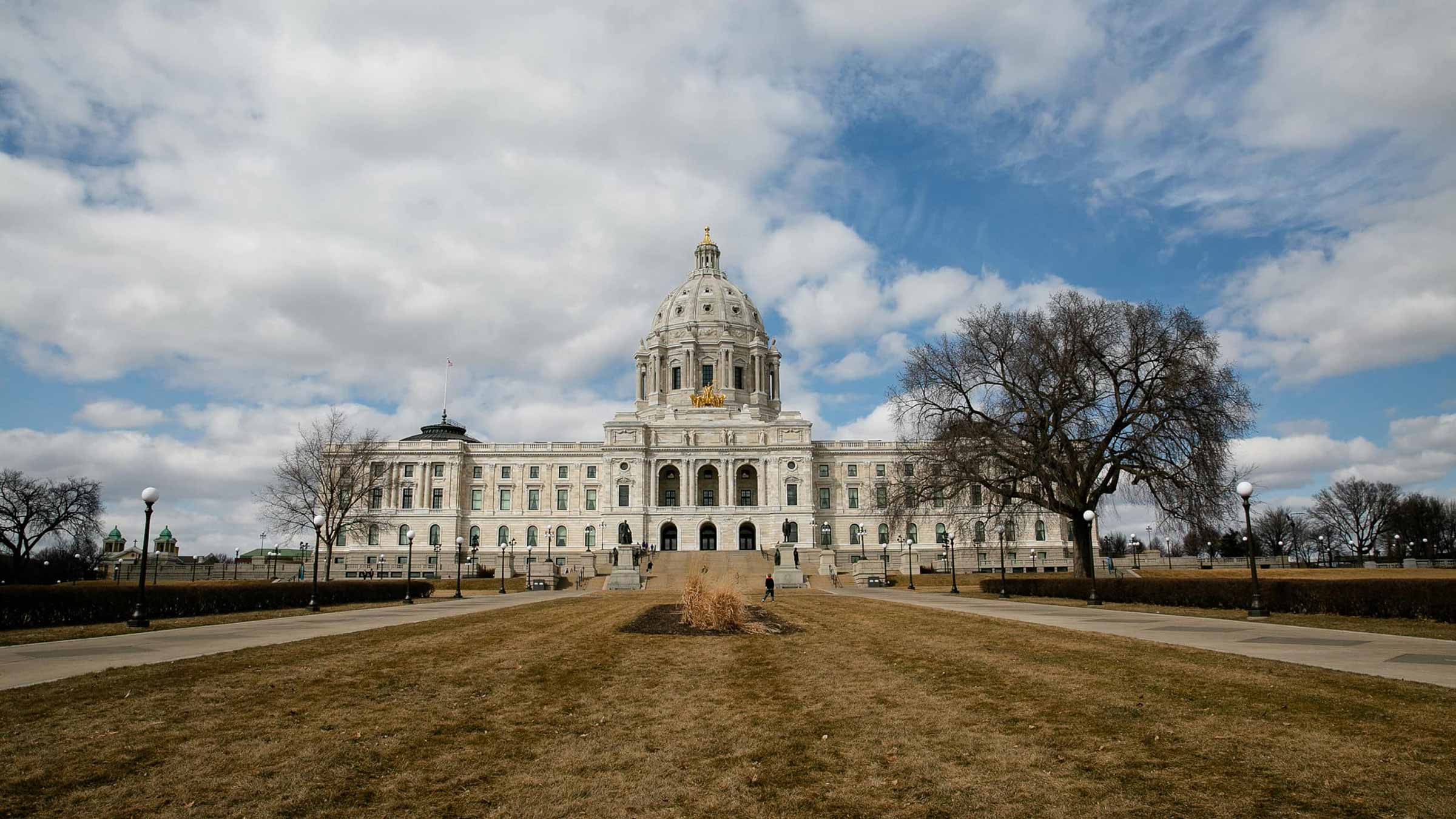
With the Minnesota Legislature in its final week of deliberations before session ends May 18, Greater Twin Cities United Way calls upon the governor and legislative leaders to support emergency rental assistance during final session negotiations. This funding is essential to maintain stable housing for thousands of Minnesotans that are at risk of facing homelessness due to the COVID-19 crisis.
Over the past two months, many Minnesotans from households with low-wealth have lost their jobs and income due to the impacts of COVID-19. For these individuals and families, any reduction in income can have serious consequences, including the inability to maintain housing or make rental payments.
Approximately 250,000 Minnesotans make at or below minimum wage. These individuals and their families are at high risk of becoming homeless and are also the most vulnerable to negative health and economic impacts.
We know that a stable home is the foundation that enables people to thrive. Ensuring stable housing is vital for our individual and collective health. It’s important to minimize disruptions to housing that could make it even tougher for Minnesotans to mitigate the threat of COVID-19. The links between safe, stable housing and health have never been clearer.
Investing in significant emergency rental assistance funding is critical to prevent unnecessary homelessness and mitigate the spread of COVID-19.
United Way actively supported the House’s proposal to provide a $100 million appropriation for emergency rental assistance through the Family Homeless Prevention and Assistance Program (FHPAP), which advanced through several committee hearings and is now included in the House’s proposed COVID-19 Economic Security Act legislation.
With increasing needs due to COVID-19, additional funding for this program is crucial to ensure people adversely impacted by the crisis can maintain stable housing. The proposed funding would go through the state’s existing FHPAP, which would allow the process to work as quickly and smoothly as possible.
As a well-established program, FHPAP has already helped many families impacted by COVID-19. We’ve heard from several of our nonprofit partners about the very real impacts of the current health and economic crisis, and how FHPAP rental assistance provided supports to ensure they had stable housing. Recent examples include:
In addition to rental assistance, FHPAP funding can be used to cover mortgage payments, homeowner association dues, mobile home lot rent, homeowner’s insurance, payments on a contract for deed, utility payments and property taxes.
To be eligible, people need to show they are unable to pay for housing as a direct or indirect result of the public health emergency and have an income that falls below established limits (300 percent of the federal poverty guidelines).
With the proposed emergency funding, thousands of Minnesotans who are struggling to pay their rent due to the unexpected COVID-19 crisis would be able to maintain their housing, preventing their immediate risk of sliding into homelessness.
We’re encouraging supporters and partners to reach out to Governor Walz and Lt. Governor Flanagan to thank them for their support for $100 million in FHPAP funding, and to encourage them to insist that legislators include this funding in final session legislation.